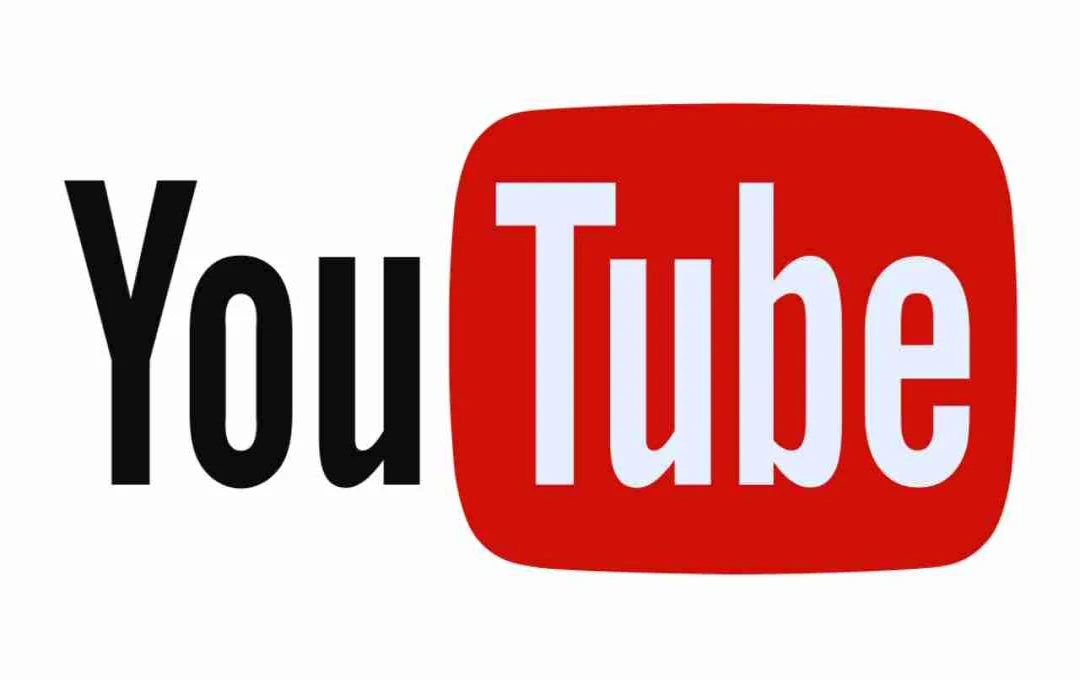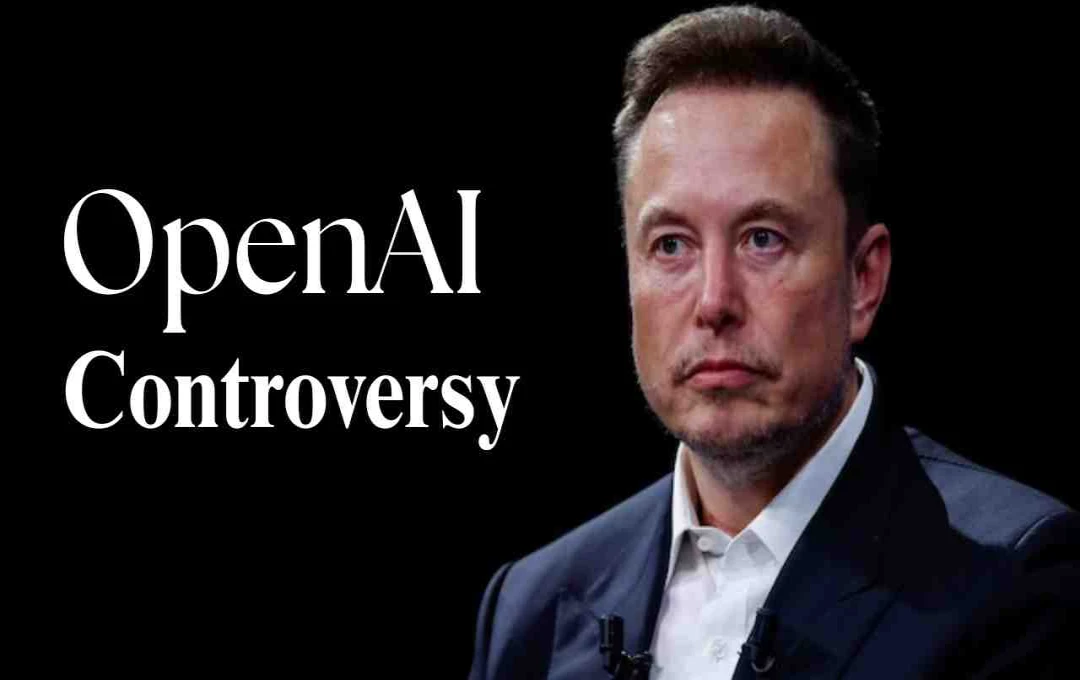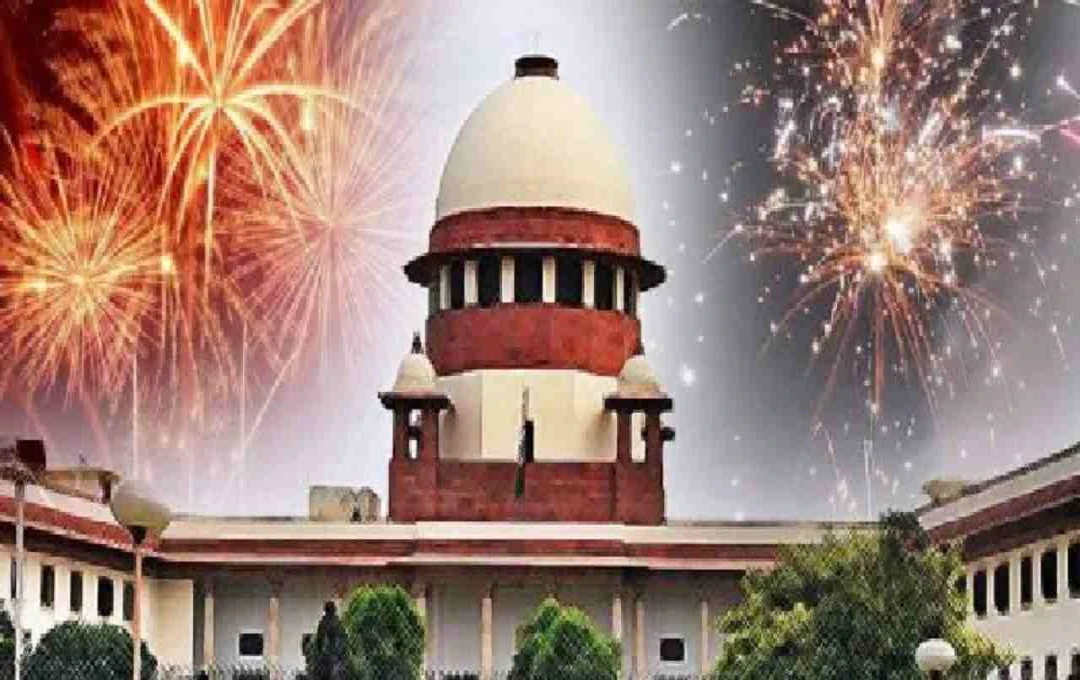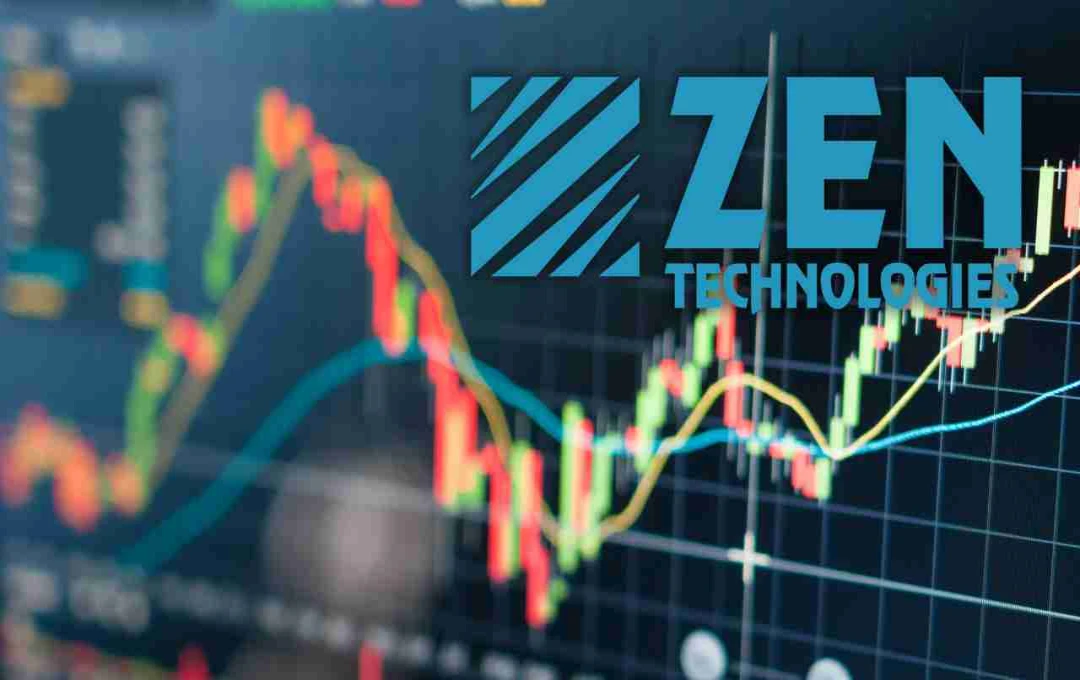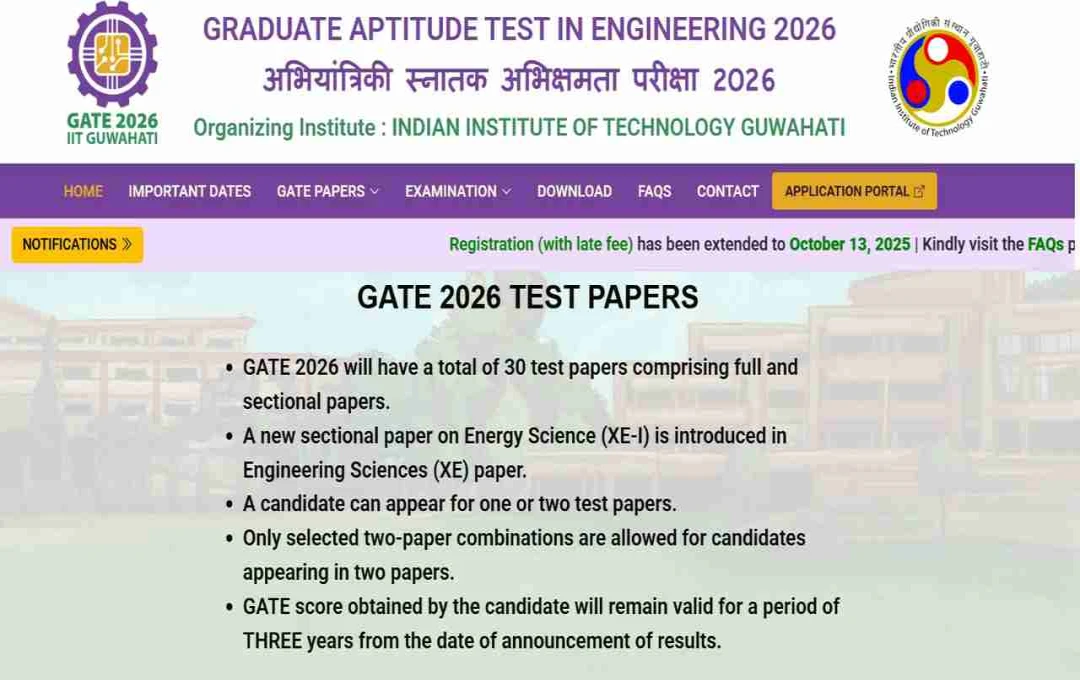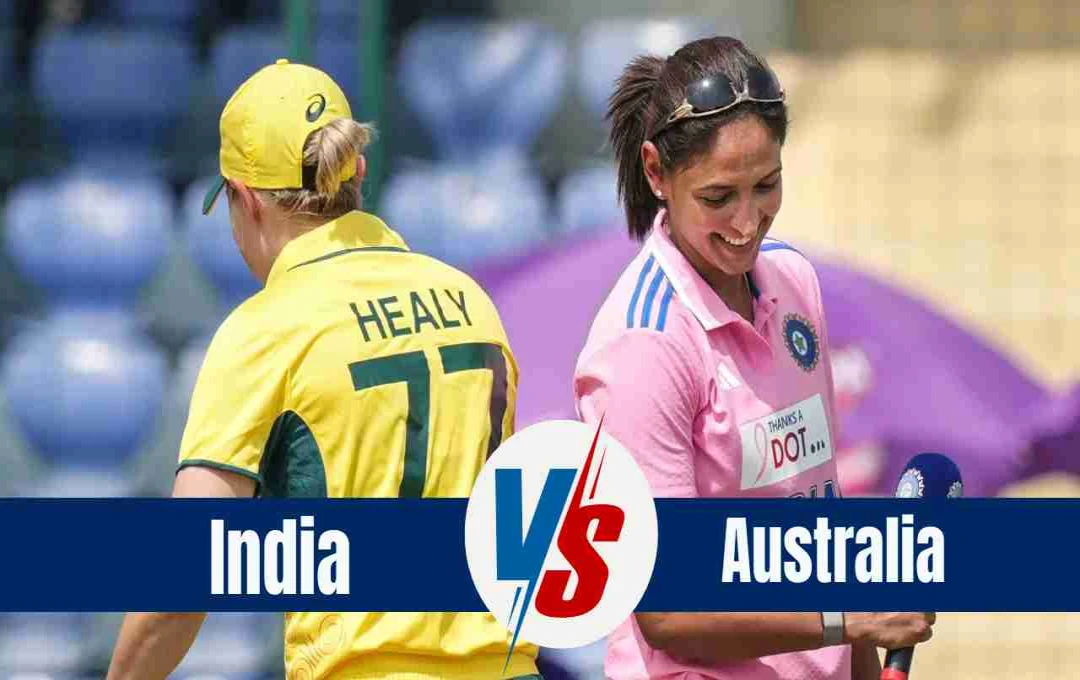YouTube will implement a new monetization policy starting July 15, 2025, which may halt earnings for channels featuring repetitive, duplicate, and automated content. Only original and unique videos will now be eligible for ad revenue.
YouTube: If you're earning on YouTube solely through auto-generated content or repeatedly used videos, it's time to change your strategy. YouTube has announced a new monetization policy for its Partner Program (YPP), effective July 15, 2025. This change will impact channels that rely on duplicate or mass-produced videos instead of unique and original content.
What is YouTube's new monetization policy?
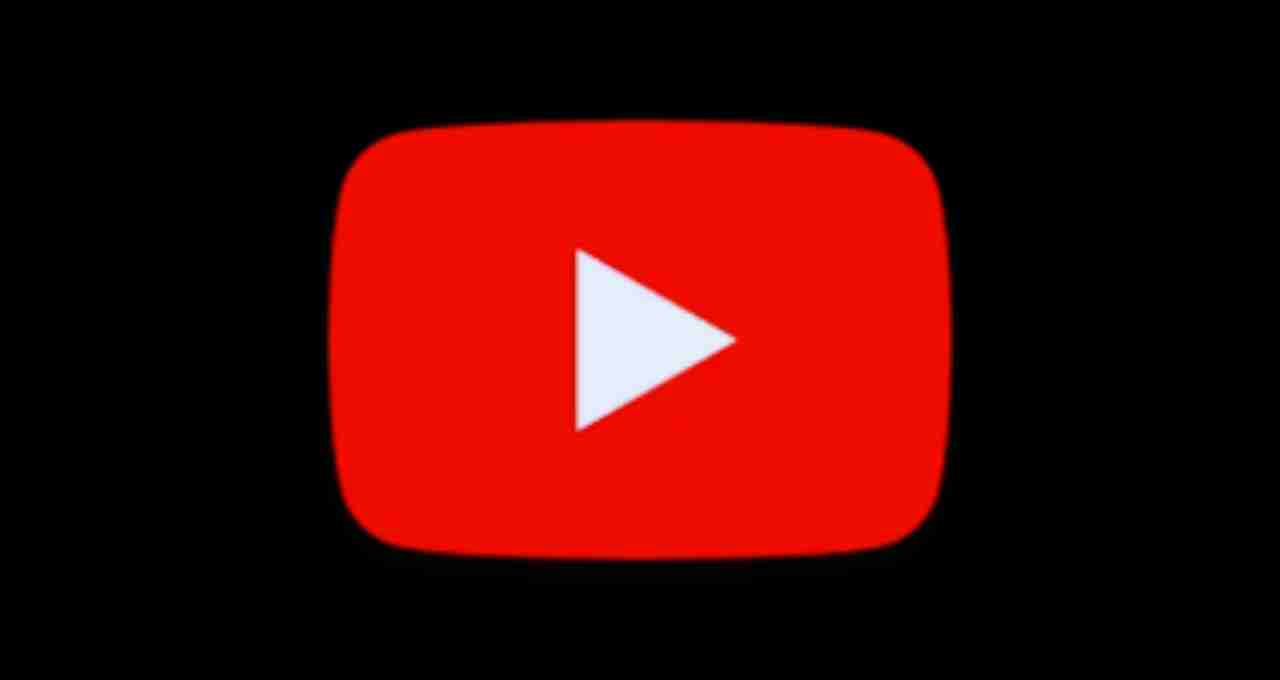
YouTube recently sent a notice to all creators stating that only original and authentic content will be monetized on the platform. This means that if a channel is merely uploading text-to-speech videos, stock footage, or content created by others with minimal editing, it will no longer be eligible for the YPP (YouTube Partner Program).
Key points of the new rules:
- Restriction on repetitive videos
- Strict monitoring of content created using automated tools
- Videos based on copy-pasted scripts or news feeds will not be monetized
- Action against low-quality content to improve the viewer experience
What kind of content will be affected?
According to YouTube, the following types of videos are now at risk:
- AI-Generated Videos – Such as news reading or topic explanations performed by bot voices.
- Re-uploads of Real Videos – Where content is taken from other platforms or channels.
- Looping Music or Noise Videos – 10-hour rain sounds, music without vocals, etc.
- Compilation Videos – Which include clips from other creators without added value.
Such content will now be categorized by YouTube as 'low value' or 'low-engagement' and will be excluded from monetization.
Why was this decision made?
YouTube says that this type of content does not satisfy viewers nor helps in maintaining quality on the platform.
'We want YouTube to remain a place where creativity and innovation are encouraged, not copying and spamming,' said a YouTube official.
The company also believes that repeatedly watching similar videos decreases viewer interest and harms the platform's brand value.
Which creators don't need to worry?
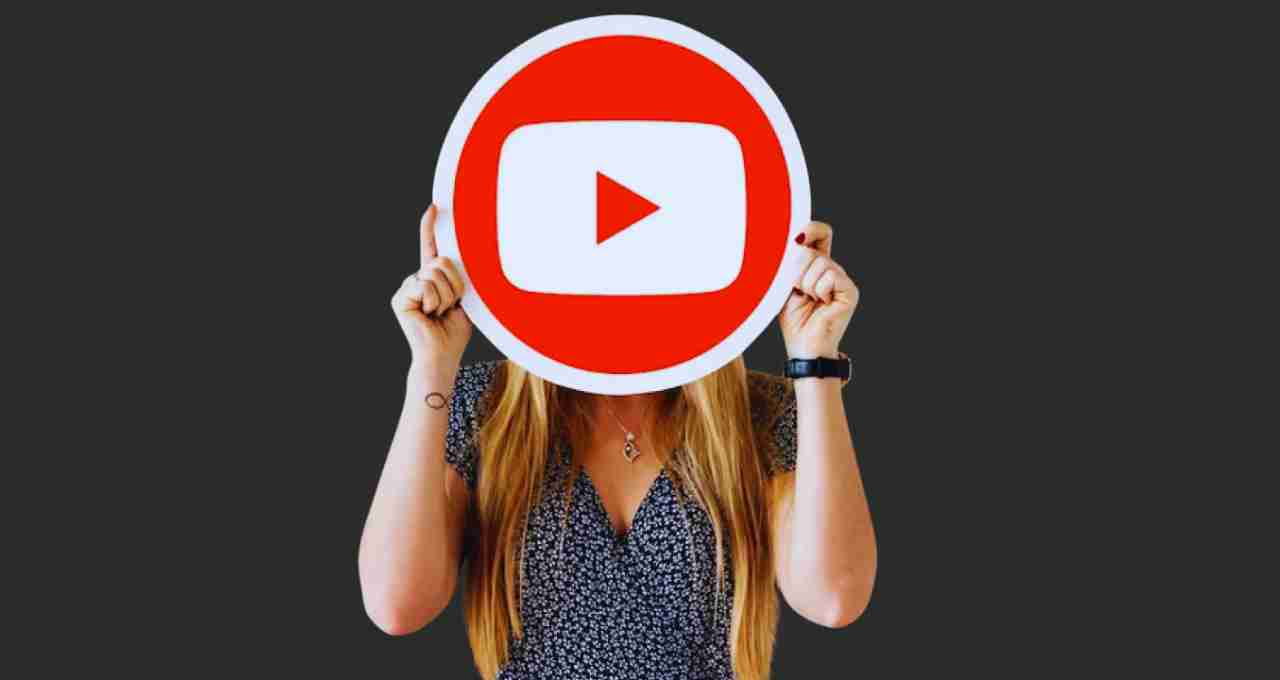
If you are a YouTuber who writes scripts, shoots videos, records audio, and adds unique value to each video, this policy may prove beneficial for you.
YouTube's complete focus is now on promoting creators who:
- Create videos based on original ideas
- Invest time in editing, narration, and research
- Connect directly with viewers and take their feedback
When will the new policy be implemented?
This means that creators have only a few days to improve their content strategy, review old videos, and, if necessary, make them private or delete them.
What should creators do now?
- Audit the channel – See which videos lack unique content
- Reduce reliance on AI – Write scripts and do narration yourself or have it done professionally
- Focus on transformative content – Add commentary, analysis, or a new angle to an existing video
- Read the Community Guidelines – To ensure that no rules are violated in the future
- Re-Brand the channel – If necessary, move towards new topics or presentation
What will YouTube gain from this change?
- Better viewer experience
- Increase in brand value
- Cleanup of spam and low-quality content
- Advertisers' confidence will increase
